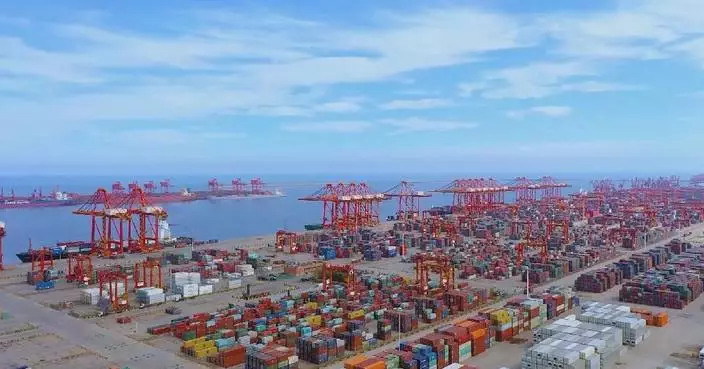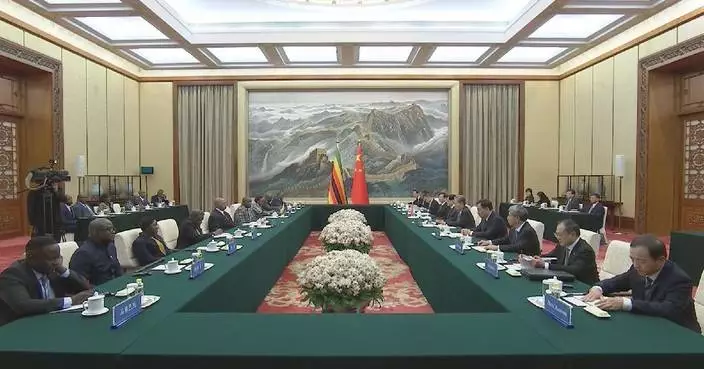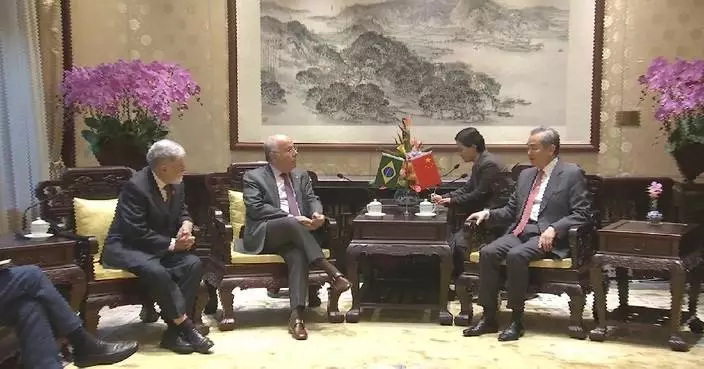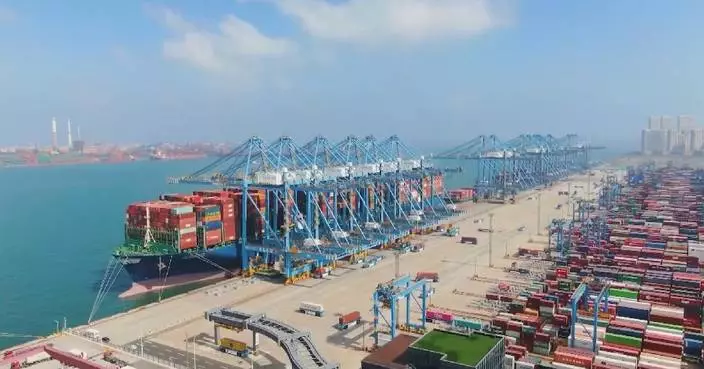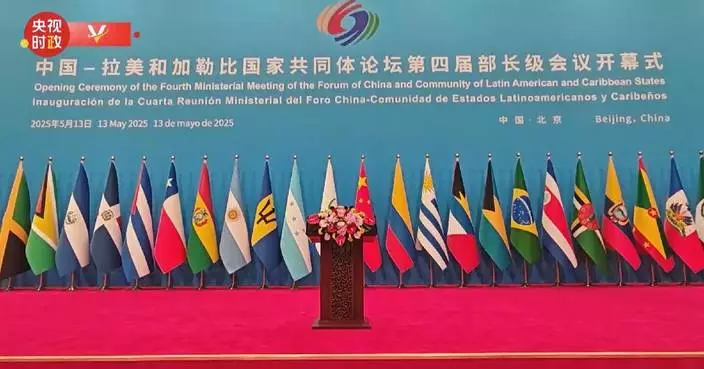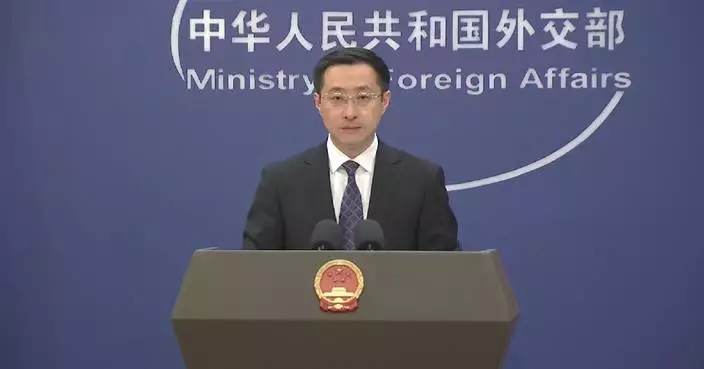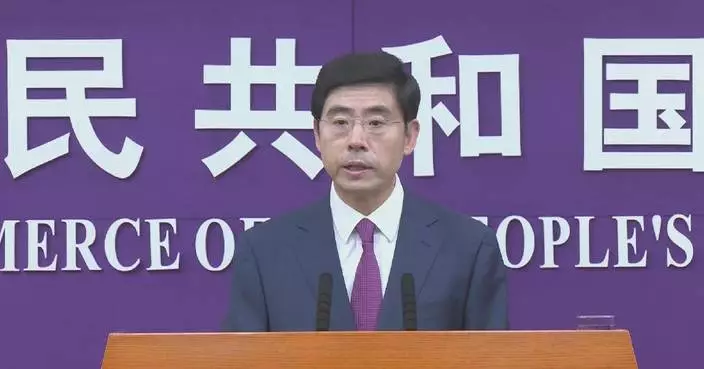The 16th meeting of the Conference of the Parties (COP16) to the UN Convention to Combat Desertification (UNCCD) closed early Saturday, with 39 decisions, including a procedural decision on drought, adopted.
Several postponements marked the final day of the two-week conference, which did not conclude until 02:05 local time (2300 GMT Friday). As negotiations had been stuck in reaching consensus over a new drought framework, parties adopted a procedural decision agreeing to continue discussions on the basis of the progress made at COP16, with a view to adopting a decision at COP17 in Mongolia in 2026.
Meanwhile, more than 12 billion U.S. dollars were pledged to tackle desertification, land degradation and drought around the world, especially in the most vulnerable countries.
New pledges for large-scale land restoration and drought preparedness were announced, such as the Riyadh Global Drought Resilience Partnership, which attracted 12.15 billion dollars to support 80 of the world's most vulnerable countries in building their resilience to drought.
Running from Dec. 2 to 13 under the theme "Our Land. Our Future", COP16 is the largest UN land-focused conference to date and the first UNCCD COP in the Middle East and North Africa.
Throughout the conference, the China Pavilion hosted 10 sideline meetings with senior officials from different countries participating. Moreover, it showcased China's decades-long endeavors and experience in combating desertification through various initiatives and projects.

COP16 wraps up in Riyadh with 39 decisions adopted

COP16 wraps up in Riyadh with 39 decisions adopted

COP16 wraps up in Riyadh with 39 decisions adopted

COP16 wraps up in Riyadh with 39 decisions adopted




